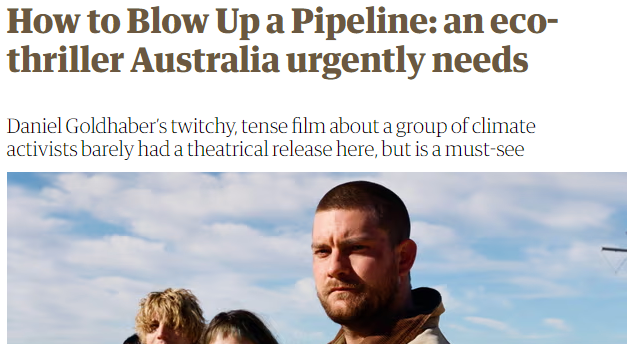ESG Investment Implications for Energy Security
Russia’s war in Ukraine has illustrated the fragile nature of energy security in Europe. As Europe responded decisively to Putin’s invasion with sanctions on the nation’s energy sector, the resulting energy instability poured over to the global market, sending prices skyrocketing. While global energy prices have since dropped, the general volatility of such a crucial sector highlighted the importance of nations prioritizing energy security.
The invasion and sanctions on Russian oil and gas were the final straw that broke the camel’s back, exposing Europe’s weak energy security. Europe spent the last half decade expediting a politically led rush to green energy technologies, shutting down nuclear plants, ignoring their own infrastructure constraints and relying more and more on imported Russian energy.
While the transition to renewables is a good, long-term goal, Europe’s recent energy crisis clearly illustrates the problems associated with rushing to shut down traditional energy production. Coupled with the latest investment trend, Environmental, Social and Governance (ESG), a transition that is complemented by underinvestment in traditional resources threatens long-term energy security.
This past week, Saudi Aramco’s Chef Executive, Amin Nasser, told the Saudi Capital Market Forum, “Proponents of the popular energy transition narrative paint a picture of a Utopian world where alternatives are ready to replace oil and gas almost overnight.” Nasser is speaking of ESG criteria that has become a more influential investment tactic over the last couple years. This criterion has consequently raised the cost of capital for oil and gas projects as these traditional resources are considered riskier. While the Chief Executive is undoubtedly biased in his crusade against ESG, he is not wrong to point out that a rushed transition, and underinvestment in reliable energy, could have disastrous results.
Nasser says, “If ESG-driven policies are implemented with an automatic bias against any and all conventional energy projects, the resulting underinvestment will have serious implications. For the global economy. For energy affordability. And for energy security.” Secure, reliable, and affordable energy should be the top priority for the West and the U.S. At the same time, we must focus on energy independence, increasing production and growing our domestic energy infrastructure network in order to export our energy to allies abroad.

